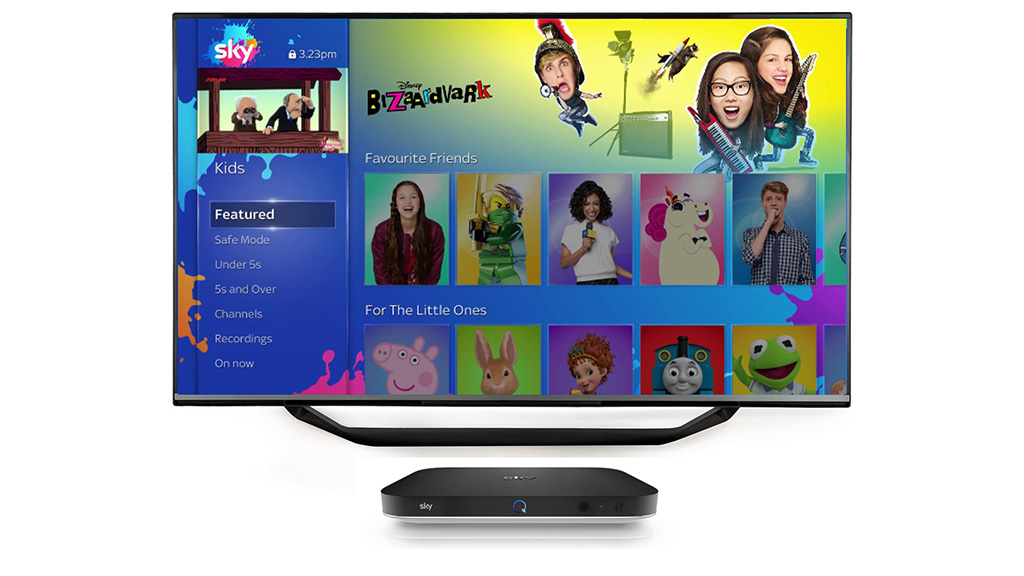Sky is adding a kids safe mode to Sky Q, providing a special space for children to watch television. It will allow parents to lock their Sky Q box to the kids section using a pin code, blocking access to other live channels, recordings, on-demand shows and apps. Sky is also working with Common Sense Media to help parents make informed choices about the suitability of programming for children.
“At Sky, we go further than anyone else to ensure we put families first when developing our services,” said Stephen van Rooyen, the chief executive of Sky in the United Kingdom and Ireland. “Sky Q’s new Kids Safe Mode is a super simple way for parents to have ultimate peace of mind when their children are watching TV.”

Once activated, kids safe mode will lock viewers into Sky’s kids section, which contains programming suitable for those aged up to 12.
The mode can be activated on any Sky Q box in the home, allowing parents to watch their favourite shows in one room and the kids to watch TV safely in another. The mode will still be enabled after switching the box on from standby, re-boot or powering on or off.
Kids safe mode will be rolled out to Sky Q customers in the United Kingdom and Ireland, and in Germany and Austria, from the Spring of 2019. It will be joined by a new parents guide set to launch later in the year from Sky and Common Sense Media to help parents make more informed choices about what their children watch.
Common Sense is an American non-profit organisation that provides parents, teachers, and policymakers with unbiased advice and information, including reviews and detailed ratings of programmes to allow parents to judge whether they are suitable for their children.
Other family-friendly features offered by Sky include the Sky Broadband Shield to filter web sites in the home, the Sky Kids App, a dedicated online video service for children, and existing parental control pin protection settings, which can be applied to movies over a certain rating or even specific recordings.
Sky is clearly concerned about the needs of children and their parents. Whether children will be sufficiently satisfied by the choice of viewing available in the kids section, or whether parents should be comfortable with them watching it is another matter.
No doubt parents would welcome integration with children’s programming provided by the BBC, which seems determined to create a separate viewing experience through its iPlayer. If only they could all play together nicely.
Ideally a more granular and sophisticated approach to parental control could be supported by Sky, allowing parents to select particular programmes as suitable for viewing and restricting other functions.
